This post is also available in Dutch.
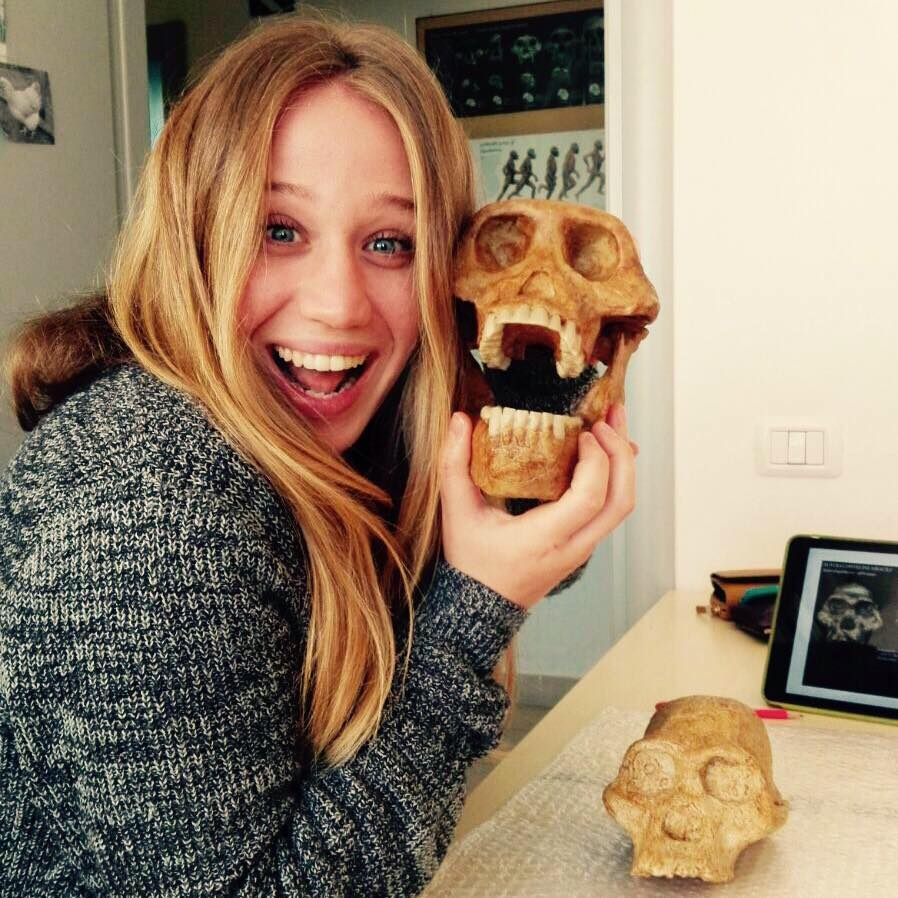
Francesca Abela
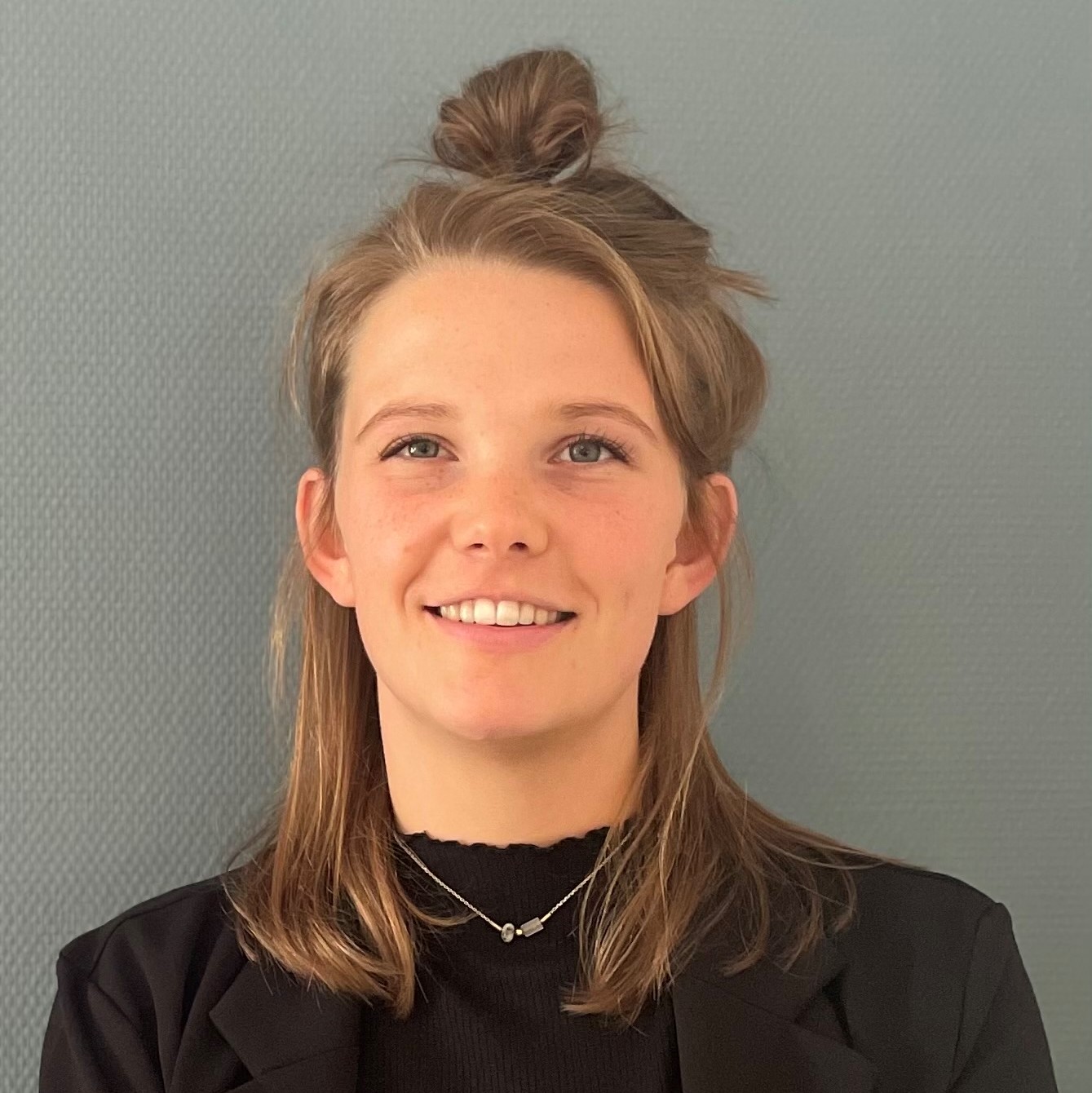
Eline de Boer
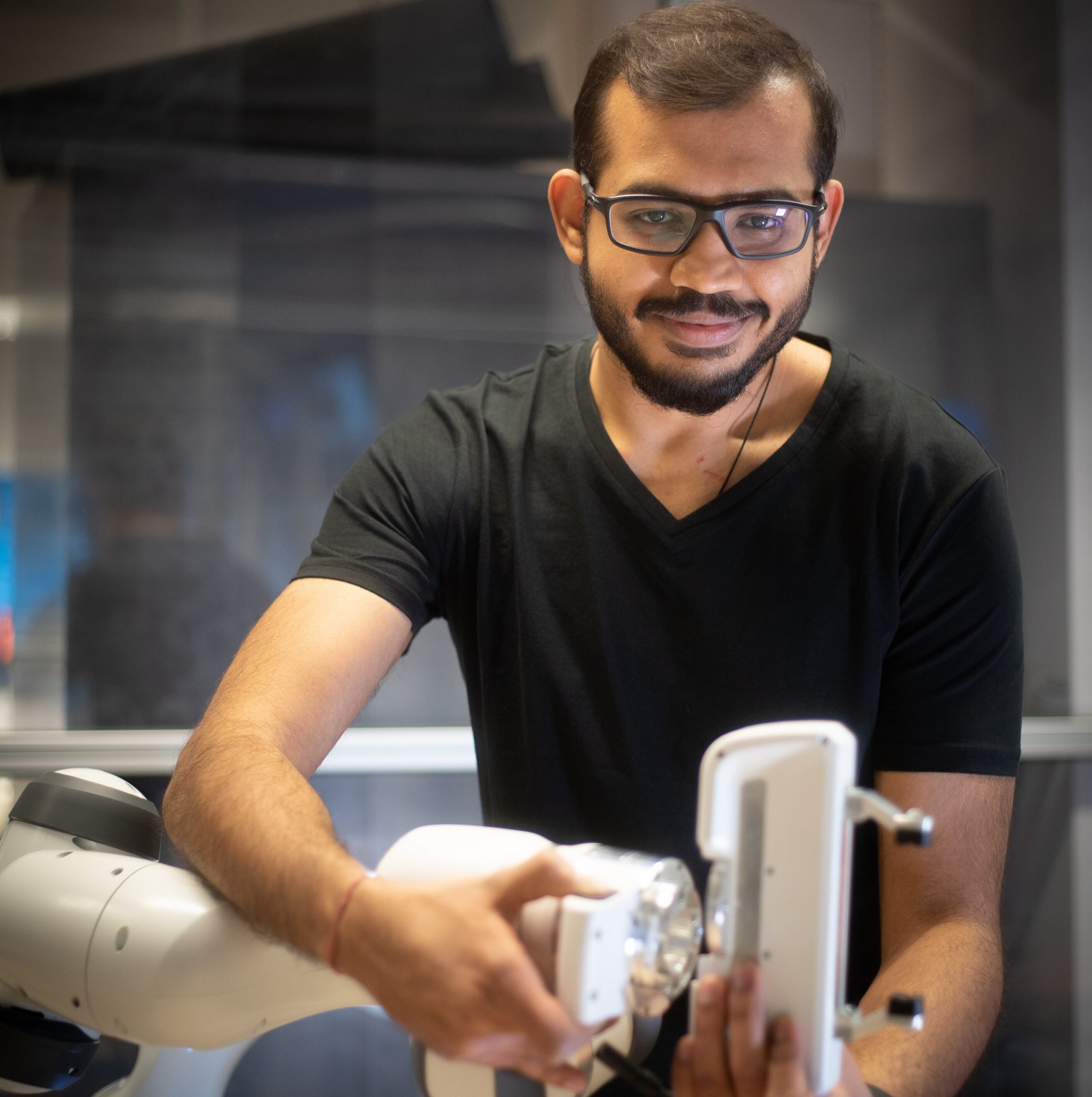
Siddharth Chaturvedi
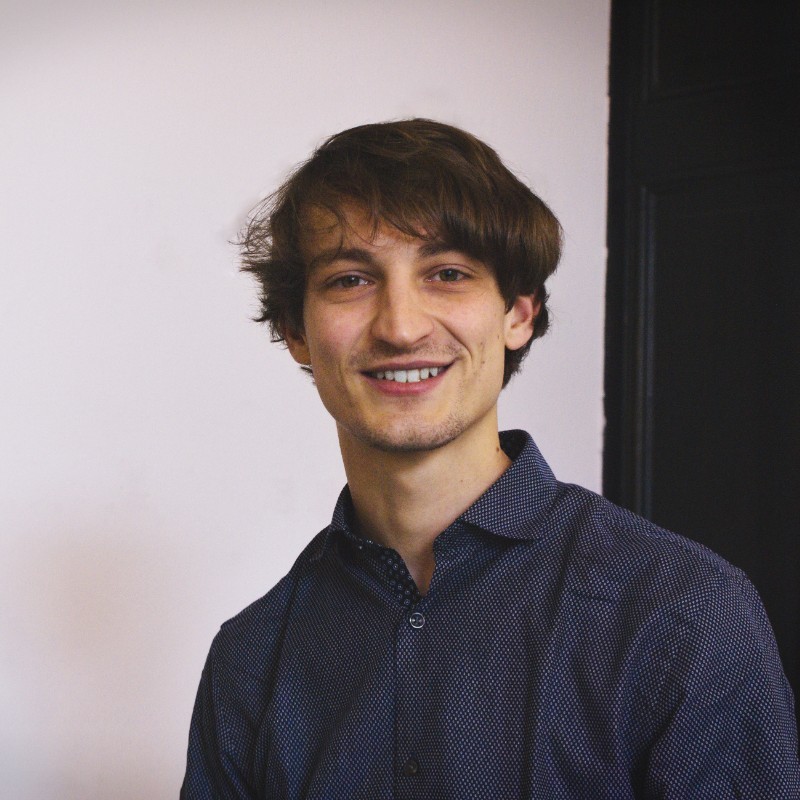
Lucas Geelen
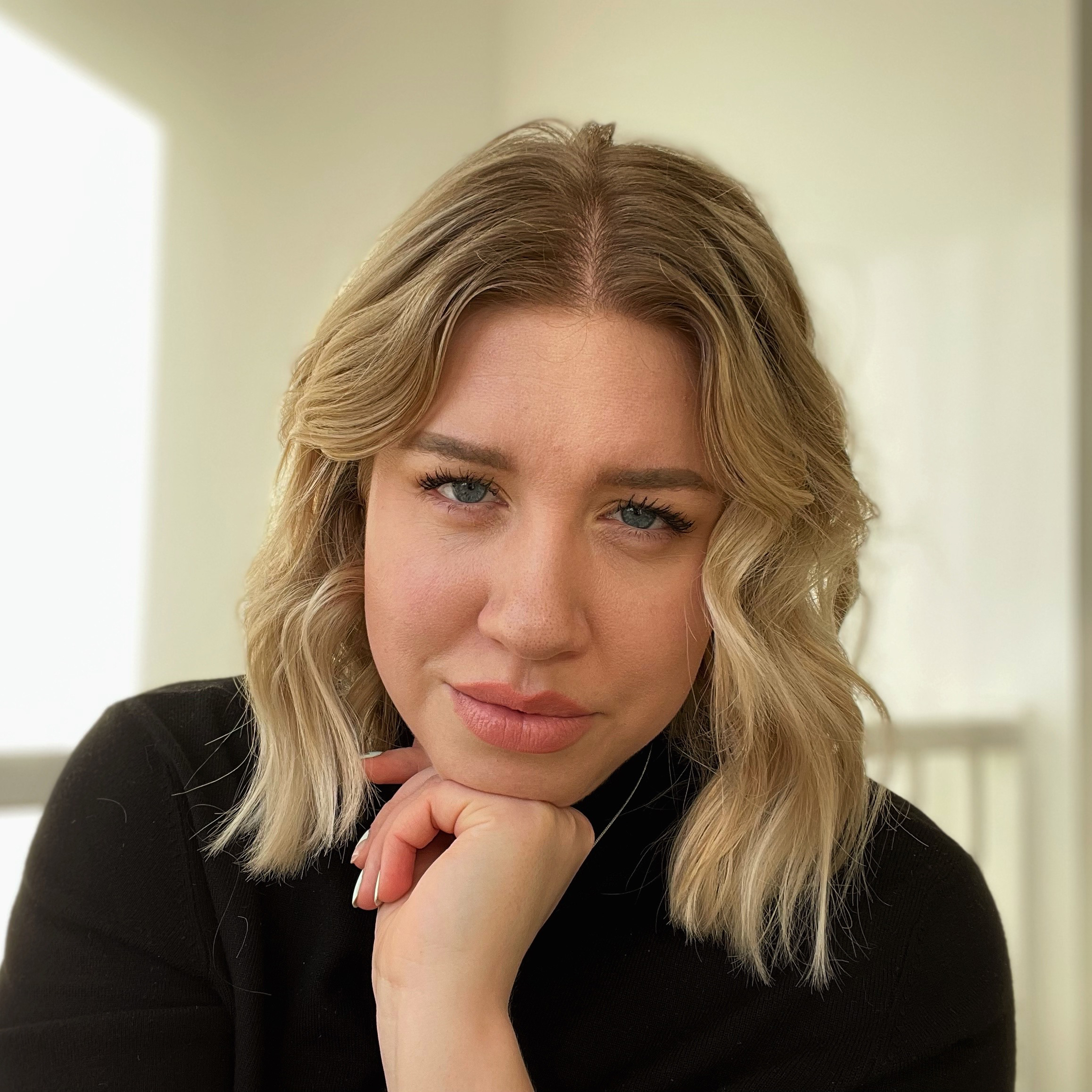
Viola Hollestein
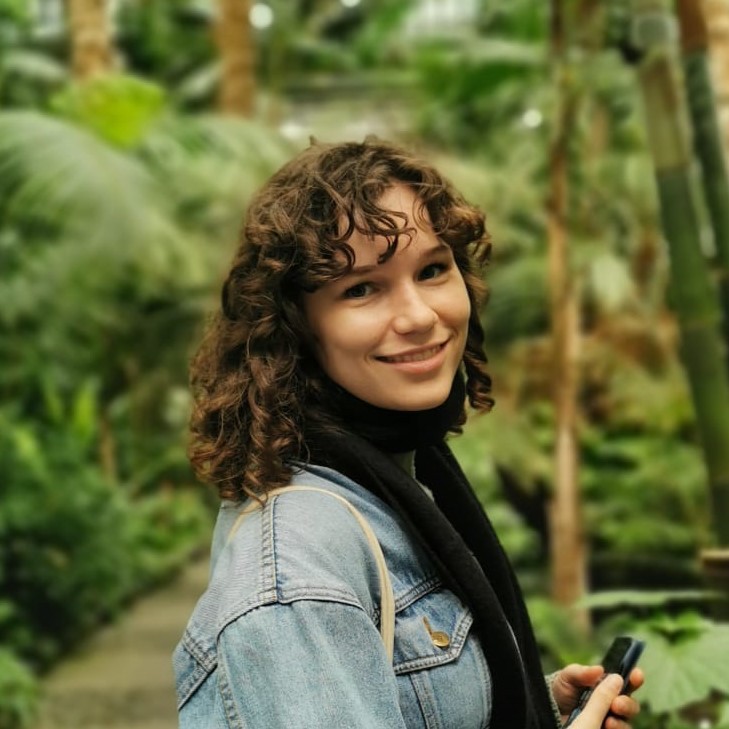
Maartje Koot
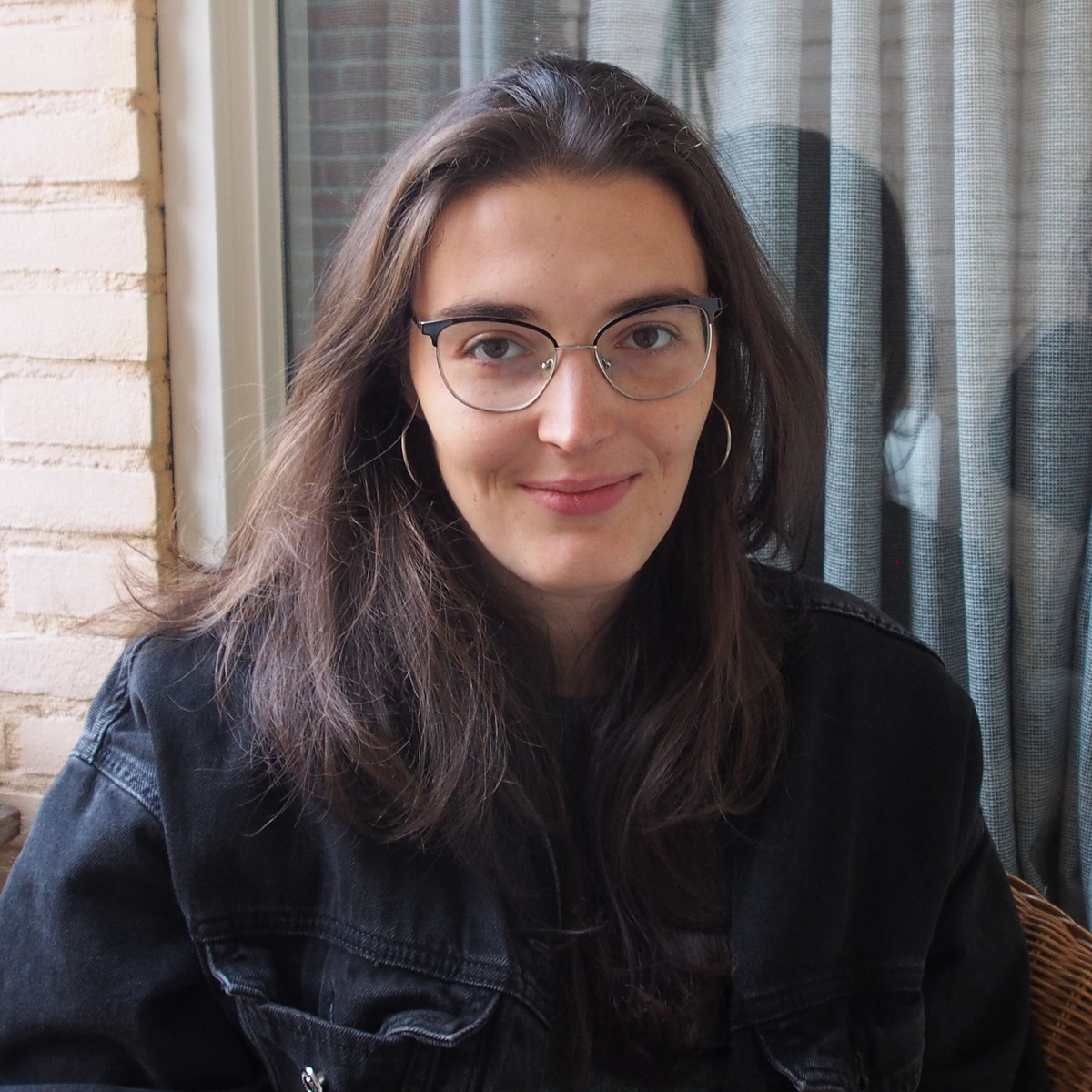
Elena Markantonakis
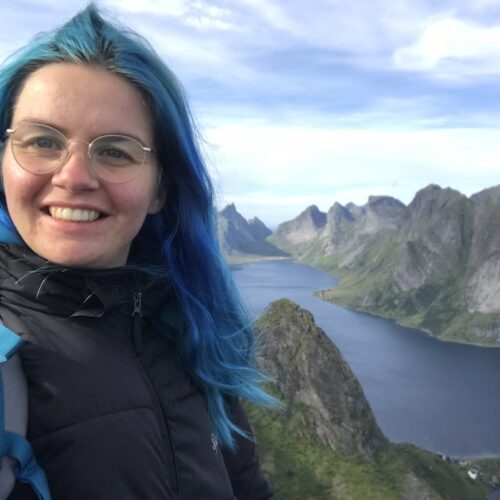
Swantje Neil
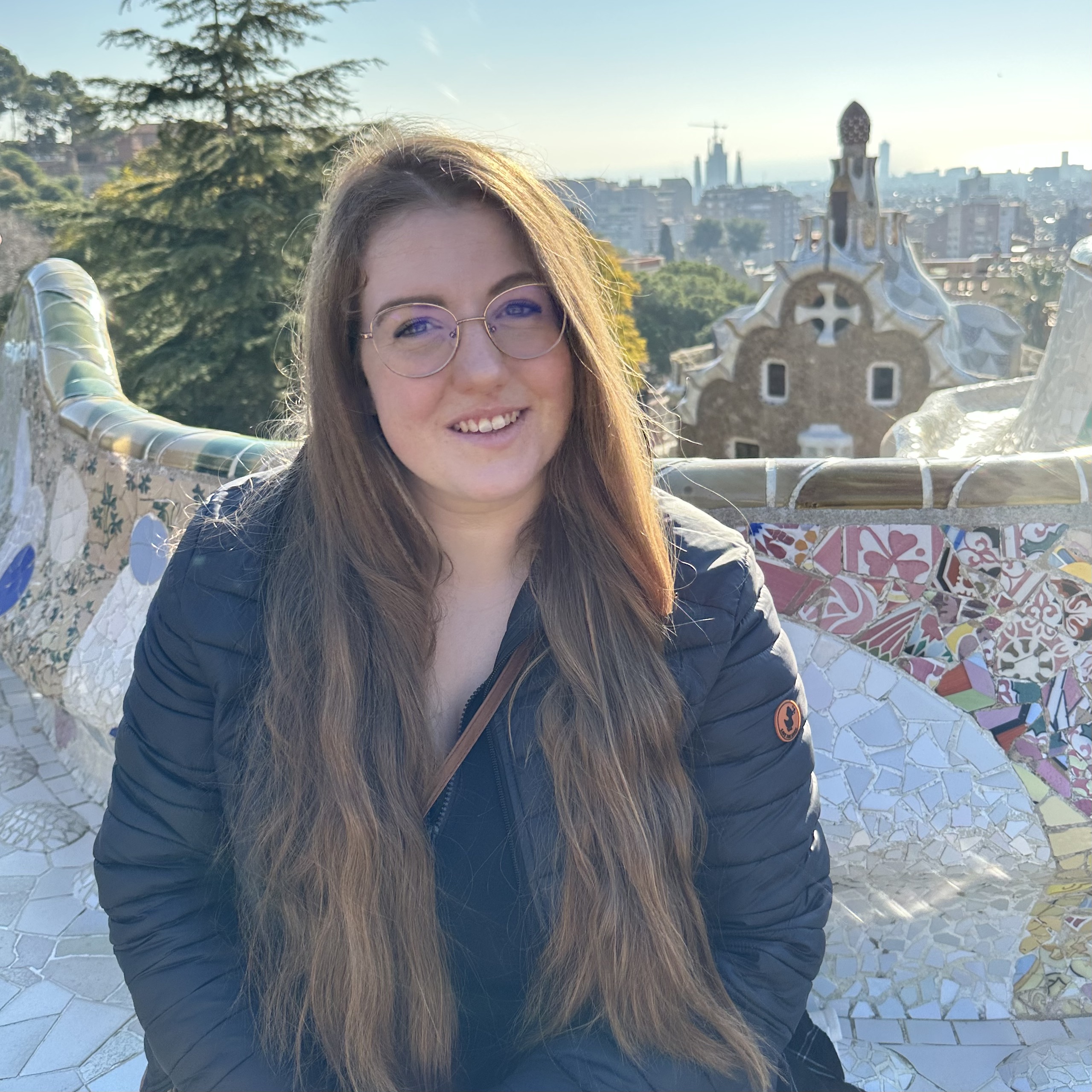
Helena Olraun
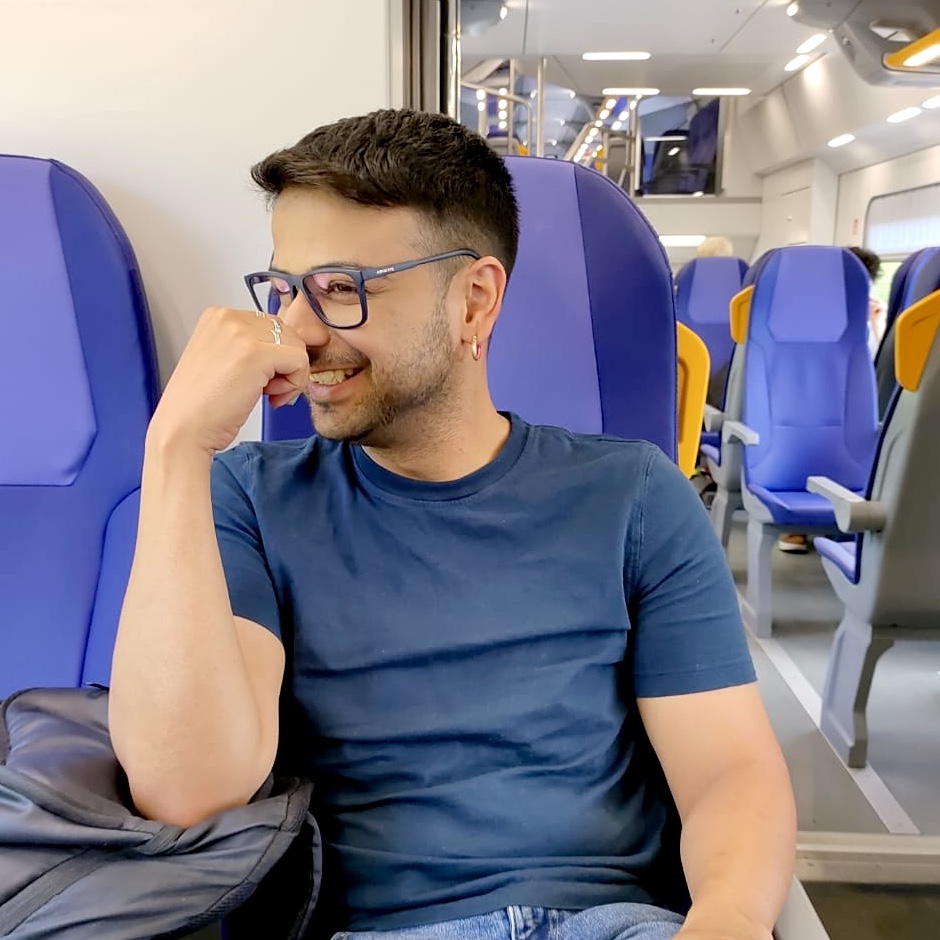
Vivek Sharma
Alumni
Martina Arenella / Jeroen van Baar / Romy Bakker / Brittany van Beek / Marlijn ter Bekke / Kim Beneyton / Ruud Berkers / Floortje Bouwkamp / Rebecca Calott / Roselyne Chauvin / Ping Chen / Christienne Damatac / Rowena Emaus / Winke Francx / Corina Greven / Mahur Hashemi / Wessel Hieselaar / Christina Isakoglou / Lieneke Janssen / Felix Klaassen / Richard Kunert / Nietzsche Lam / Alina Lartseva / Ellen Lommerse / Francie Manhardt / Marisha Manahova / Cristiano Micheli / Jeanette Mostert / Jill Naaijen / Annelies van Nuland / Juliette Rando / Marpessa Rietbergen / Piet Schipper / Judith Scholing / Angelique Tinga / Julian Tramper / Lara Todorova / Jeroen Uleman / Julija Vaitonyte / Susanne Vogel / Mónica Wagner